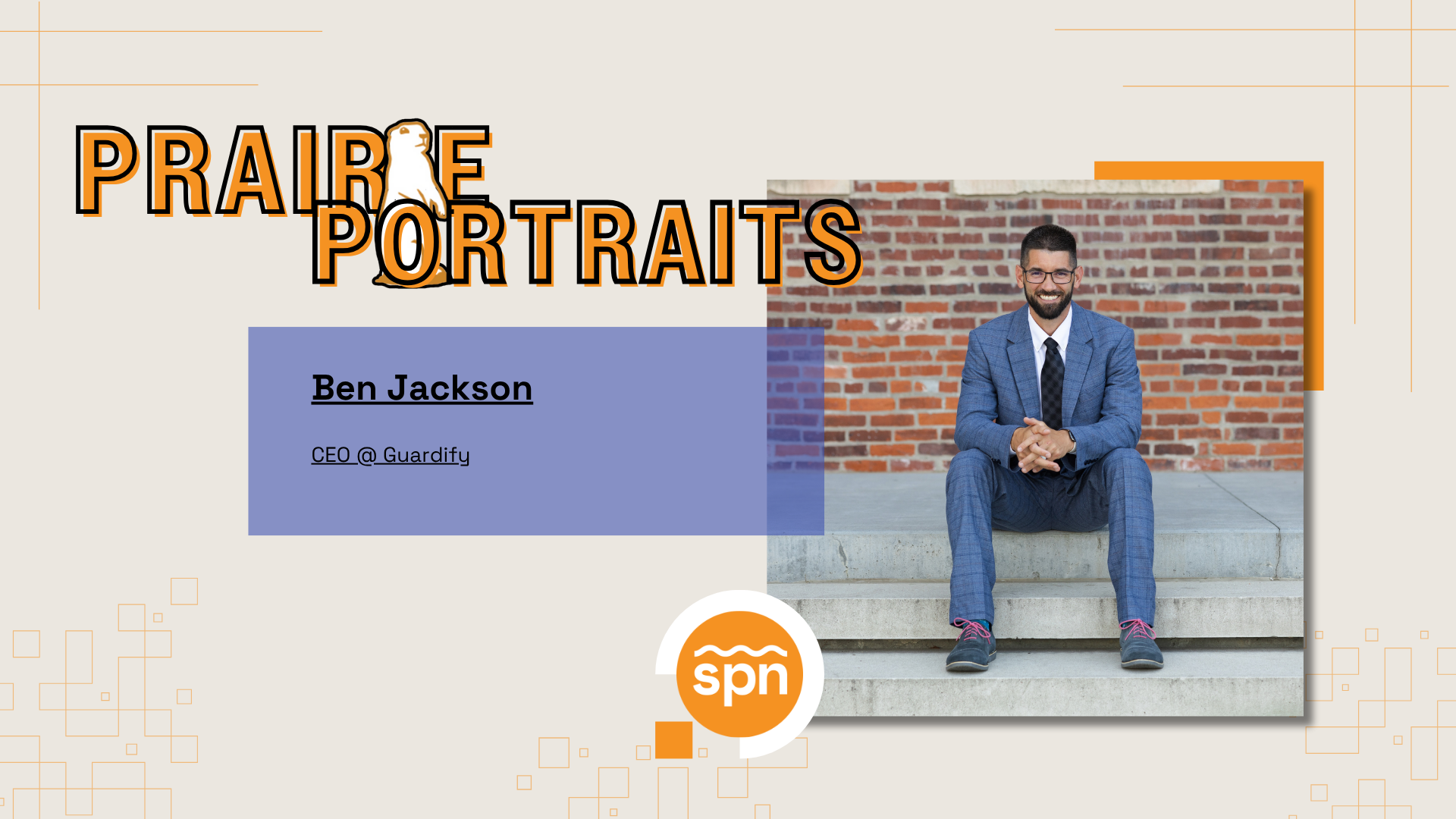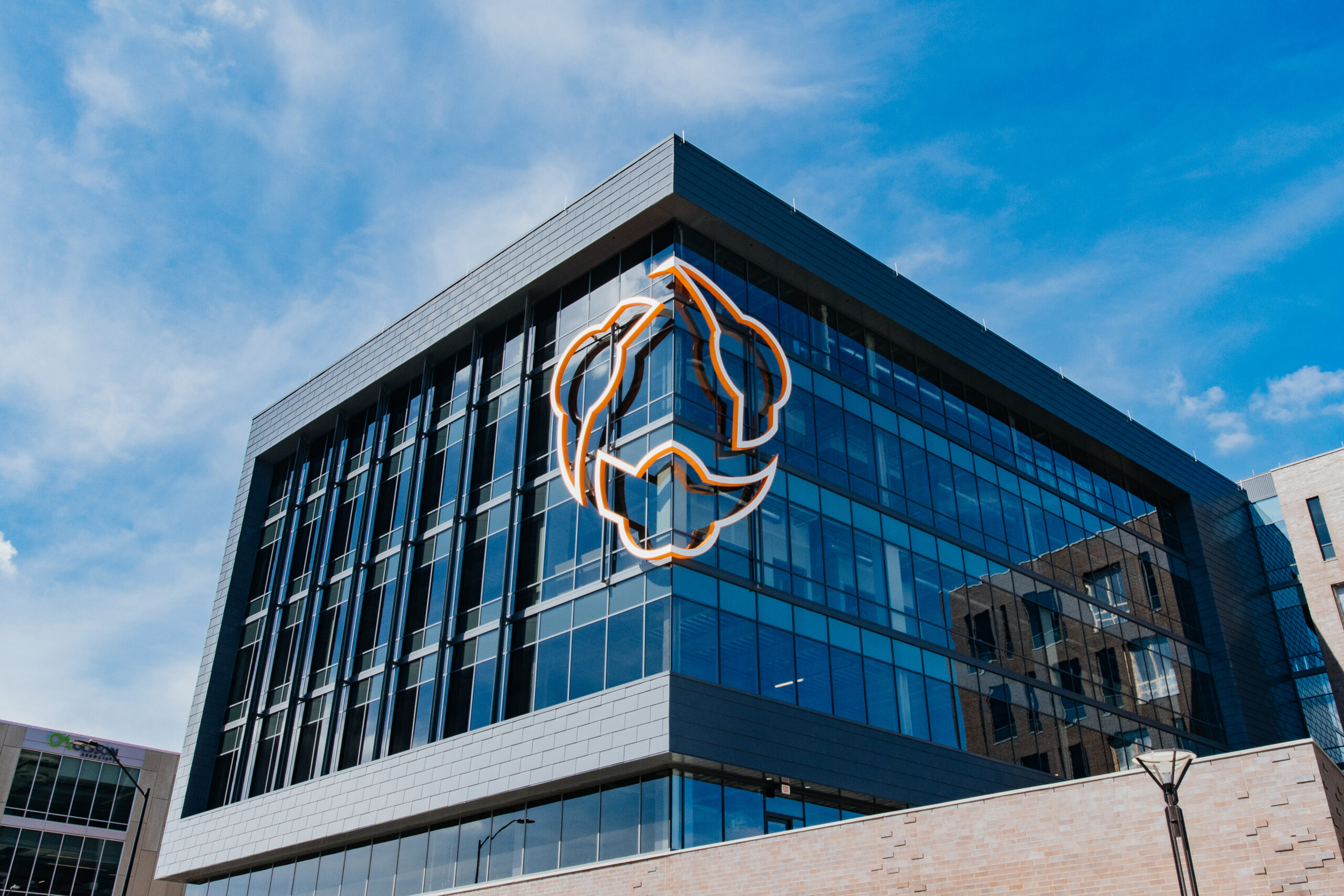
Doug Durham is co-founder and CTO of Nebraska Global and Don’t Panic Labs in Lincoln, Nebraska. In 2016 he was awarded “Tech Innovator of the Year” at AIM’s Tech Celebration. On March 28th Durham will be presenting on “Enabling innovation through integrating agile and software development best practices” at Infotec in Omaha. SPN caught up with Durham this week over the phone.
SPN: You’ve been in the software development field for a long time. In your opinion, what have been the biggest changes you’ve seen within the industry?
DD: There’s a couple of things. One, the toolsets that are available have changed dramatically, especially in the last 10 or so years. Even if you wanted to do test-driven development in the mid-90’s it was so much work just to create the scaffolding to do that. The thought of having automated build servers that would run tests as part of every commit to your code base, that was unheard of probably 10-15 years ago.
There’s way more tools out there that enable productivity and best practices for organizations–assuming that they use them. There’s less of an excuse that the tools just aren’t mature as a reason to not follow the best practices out there for software development.
The other thing would be this movement towards more service-orientation in the design of systems. I think more and more teams are getting away from an object-oriented programming model and more towards building systems where features and functionality is the result of an orchestration of services as opposed to objects.
With a lot of the cloud providers like Amazon and Microsoft creating platforms to host this type of programming model, you’re seeing more enterprise applications being designed to be hosted in that kind of environment.
It’s a programming model that’s much easier for people to get their head around.
SPN: Why do you think Agile has become so popular?
DD: I will speak from my personal experience on why we think it’s been a good move.
Part of it is the recognition that it’s really difficult to understand what the actual requirements might be. We need to have a system in place that can embrace changing requirements that are revealing themselves in real time.
If you’re building a software startup, you don’t have any customers to query. You may have tested some ideas but you really don’t know what your system needs to do until you get actual feedback from users.
We hire a lot of young people here that are excited to work on Version 1 of a product. They want to start with a green field project. And I say to them, “That is the least interesting part for me. The most interesting part is once we get something in the field and users start using it and we get feedback–because I’m always surprised by what they come back with. They are the ones that are revealing the true value in your value proposition.”
By its very nature, Agile embraces the idea that on a recurring basis your requirements might change. Whether you’re on 1-week sprints, 2-week prints or 1-month sprints. You’re only one sprint away from changing direction. That agility in our software development has created business agility.
SPN: What do you see as the limitations to Agile?
DD: The biggest limitation we see is not with Agile itself, it’s thinking that if we use Agile methods, that will solve all of our problems. What we’ve been talking about is [thinking of ] Agile as one major component of what it takes to be successful. But if you complete ignore software design, you could potentially be creating a boat anchor around your Agile process. It’s not a limitation of Agile methods, it’s more that it’s only half the picture.
We need to marry that with a more disciplined software design and development process. When you marry those together you have a super-powerful dynamic going on.
SPN: What do you think makes Infotec a special event for the tech community?
DD: One reason I like Infotec is that it’s not just focused on startups or just one aspect of the industry. It tends to bring a lot of different people there, especially a lot of people from enterprise, and those companies have their own innovation initiatives that are becoming more and more important to the success and longevity of these businesses. It’s a good opportunity to present some new ideas that maybe they don’t naturally get exposure to.
—
2017 Infotec tickets are now available online.




